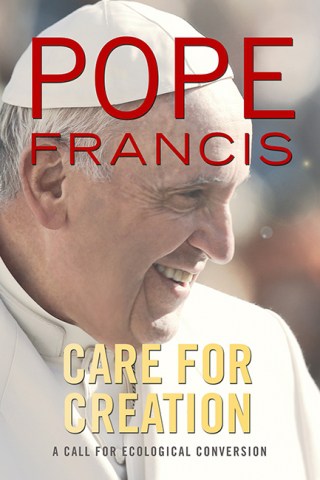Pope Francis has consistently been a figure of reform and change within the Catholic Church, advocating for a more inclusive and global perspective. His efforts to reshape the College of Cardinals reflect his broader vision of a Church that is deeply connected with the needs and realities of the modern world. Through the creation of new cardinals, Pope Francis seeks to enhance diversity and ensure that the leadership of the Church represents a wide array of cultural and regional experiences.
The appointment of new cardinals by Pope Francis is not merely a ceremonial act but a strategic move towards reforming the Church's governance. By selecting individuals from various parts of the globe, he emphasizes the importance of inclusivity and unity within the Catholic community. This approach aims to foster a more balanced representation in the decision-making processes of the Vatican, ensuring that voices from all corners of the world are heard and valued.
Pope Francis (r. 2013–2025) has held ten consistories at approximately annual intervals starting in 2014, with the last one occurring on 7 December. These events mark significant milestones in his papacy, highlighting his commitment to expanding the College of Cardinals. Each consistory reflects his dedication to reform and his desire to bring fresh perspectives into the leadership of the Church. The creation of new cardinals during these gatherings underscores the Pope's vision for a more globally representative Church.
Global Representation in the College of Cardinals
On Sunday, October 6, Pope Francis announced the creation of 21 new cardinals, marking the tenth occasion he has done so during his pontificate. This announcement signifies an important step towards increasing global representation within the Church's leadership. By choosing candidates from diverse regions, Pope Francis ensures that the College of Cardinals mirrors the worldwide nature of Catholicism.
This latest consistory brings together individuals from seventeen different nations, emphasizing the international character of the Catholic Church. Such appointments aim to strengthen unity among believers by fostering mutual understanding and cooperation across borders. It also highlights the Pope's emphasis on fraternity and communion as core values for building a cohesive Church.
In his address following the reading from the Gospel of Matthew, Pope Francis encouraged the newly appointed cardinals to walk closely with Christ. He urged them to remain steadfast in their faith while embracing humility in their service to others. This message reinforces the idea that spiritual growth and personal integrity should guide their roles as leaders within the Church.
Encouraging Humility and Service Among New Cardinals
During the ceremony, Pope Francis emphasized the importance of humility and service among the newly appointed cardinals. He reminded them that being called to serve as a cardinal means dedicating themselves fully to Christ and His mission. This call to action challenges each cardinal to prioritize compassion over ambition and to lead through example rather than authority alone.
The Pope’s words resonate deeply with the teachings of Jesus, who taught that true greatness lies in serving others. By urging the cardinals to keep Jesus at the center of their lives and ministries, Pope Francis reiterates the fundamental principles upon which the Church is founded. This focus on humility serves as a reminder that leadership in the Church requires selflessness and dedication to the welfare of all people.
Moreover, Pope Francis highlighted the role of the cardinals as witnesses of fraternity, artisans of communion, and builders of unity. In doing so, he calls upon them to actively contribute to strengthening bonds between communities worldwide. Their responsibility extends beyond administrative duties; it involves nurturing relationships based on love, respect, and solidarity.
Transformative Leadership and Challenges Ahead
NCR's top 10 news stories for 2022 underscored calls for change within the Catholic Church, reflecting both hopes and opposition surrounding Pope Francis' initiatives. As part of this transformative journey, the creation of new cardinals plays a crucial role in shaping future directions for the institution. Despite facing resistance from some quarters, the Pope remains committed to implementing reforms aimed at revitalizing the Church.
By expanding the College of Cardinals with representatives from varied backgrounds, Pope Francis seeks to address longstanding issues related to governance and representation. His efforts align with the synod on synodality, which promotes participatory approaches to decision-making processes within the Church. However, achieving meaningful change requires overcoming entrenched traditions and addressing concerns raised by those resistant to reform.
Looking ahead, the newly appointed cardinals will play vital roles in guiding the Church toward greater inclusiveness and adaptability. Their contributions can help bridge gaps between different cultures and traditions, fostering a sense of belonging among Catholics everywhere. Ultimately, the success of these endeavors depends on maintaining open dialogues and embracing innovative solutions tailored to contemporary challenges faced by the global Church community.

